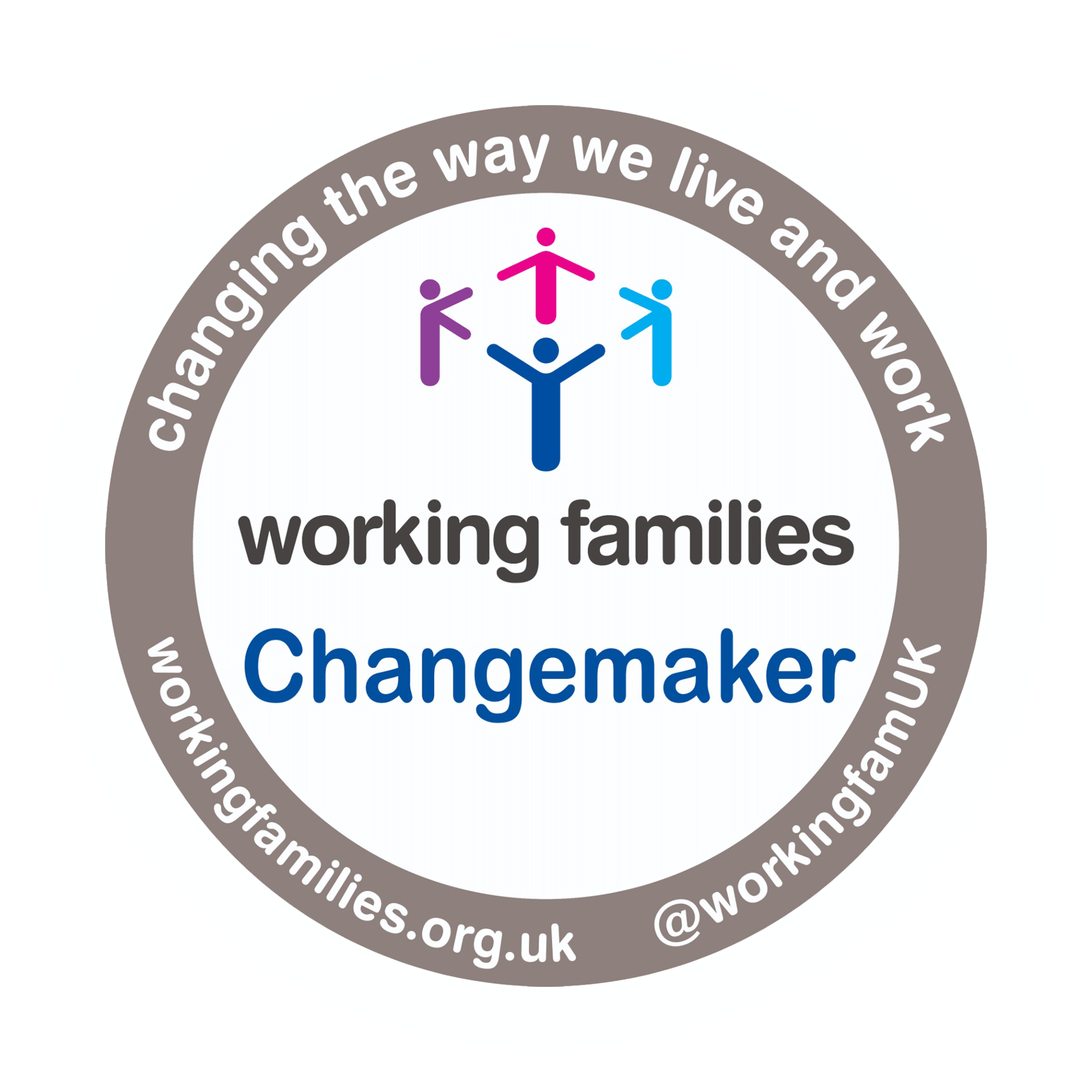Navigating difficult conversations at work can be quite a challenge, regardless of your position. Yet it’s essential to hold these hard conversations in order to resolve conflicts and foster a work environment of progress.
So, how do you go about handling a difficult conversation effectively?
In our recent webinar, our guest presenter Sarah Farmer, Global Executive Coach at EMR Consulting Ltd, delved into this topic.
This article will look at the skills needed to successfully navigate any difficult conversation to achieve the best outcome for all parties. Plus, we’ll provide tips human resources and guidance to help you further develop and hone these skills.
What are difficult conversations?
Difficult conversations are those discussions that cause discomfort, unease, or tension among participants. They challenge our comfort zone, stirring our thought processes, emotions, and behaviour because they require us to confront contentious issues.
In professional environments, these conversations can come in various forms:
- Asserting control: Expressing dissatisfaction or lack of fulfilment in your job role.
- Giving feedback: The act of critiquing a colleague’s poor performance can be a daunting task.
- Job interviews: Whether you’re conducting or attending an interview, the high-stakes nature often creates a challenging dialogue.
- Performance reviews: Discussing job and performance reviews, particularly when improvements are necessary, can be difficult for both parties involved.
- Salary negotiations: Conversations about pay raises or salary negotiations can be tricky due to their sensitive nature.
Why do we dislike having difficult conversations?
Our aversion to handling difficult conversations is rooted in our primal instincts.
When threatened, our brain activates the fight or flight response – a defence mechanism against danger. However, it often fails to distinguish between something that is an actual threat to our safety and something that makes us feel nervous or uncomfortable (such as a challenging conversation), causing a fear reaction when faced with a daunting conversation.
This fear inhibits effective communication. So, it’s even more important to understand and manage our mindset and reactions before delving into more challenging conversations or discussions. Our mindset, heavily influenced by emotions and thoughts, can obstruct our learning or using new skills or strategies if fear overpowers us.
So, what scares us about difficult conversations?
- Rejection: The concern of dismissal or non-acceptance can discourage us from voicing our opinions
- Conflict: Confrontations and disagreements, seemingly inevitable in difficult conversations with employees, are dreaded by many
- Hurting someone else’s feelings: The risk of causing emotional distress can deter us from expressing our feelings.
- Not knowing how to conduct the tough conversation: The uncertainty of handling a difficult conversation can lead to evasion
- Discomfort: We often sidestep uncomfortable situations to avoid inducing unease in ourselves or others
- Fear of fear: Surprisingly, many people actually fear the feeling of fear, so they will avoid it at all costs.
Acknowledging these fears is the first step towards conquering them. Recognising that fear is a natural response to challenges allows us to manage it more effectively.
How to navigate difficult conversations
1) Assess your mindset
Mindset plays a pivotal role in how we communicate. When engaging in challenging discussions, it’s crucial to think about where your focus lies.
Are you primarily concerned about your feelings and how the conversation will impact you, or are you considering the other person’s perspective? Shifting your own perspective more towards the other party may be helpful if you focus solely on self-preservation. This shift can foster a more positive and supportive conversation.
Interestingly, our mindset often falls into one of two categories: scarcity or abundance. A scarcity mindset, typically born out of fear, sees obstacles rather than opportunities and focuses on limitations. Conversely, those with an abundance mindset are courageous, open-minded, and optimistic, always looking for opportunities.
Which of these mindsets is more likely to have an effective conversation where you’re confident, in control and end up with the most desired outcome and results?
Your mindset significantly influences your effectiveness, making it a critical factor for managers to consider in every other employee interaction.
2) Acceptance
Engaging in difficult conversations can be daunting, but it’s essential to remember that truth, like beauty, lies in the eyes of the beholder – which means there is always more than one version of it.
The beliefs we hold as the ultimate truth are shaped and moulded by our unique experiences and the cognitive wiring of our brains since birth. Consequently, what we perceive as the truth may be seen differently from another’s perspective. Accepting that there is more than one version of ‘the truth’ will help greatly in finding a suitable resolution to workplace conflict.
We also need to accept that we need to face the situation and have this hard conversation now. Putting it off or avoiding it altogether because we think “nothing will change” only postpones the inevitable. We take the first step towards potential change and resolution by facing the situation head-on.
So, during your next difficult conversation, consider these points. How can you expand your viewpoint? What assumptions should you question and address? And crucially, are you prepared to face the truth and talk about potential change?
3) Gather your evidence
Navigating through difficult discussions requires preparation and rigorous fact-checking so you can be prepared.
Consider this: What subject do you want to discuss? What actions did the other party take? When and how were these actions carried out? And crucially, what was their impact on you? These considerations form the solid foundation for your argument, equipping you with hard evidence.
Throughout this stage, keeping a cool head when having difficult conversations at work is vital.
Emotions can blur our perception and warp reality, causing us to draw conclusions based on fiction, not fact. Therefore, it’s essential to keep emotions at bay for a productive conversation. This approach clears the path for a reasoned, constructive dialogue marked by clarity, accuracy, and mutual understanding.
4) Make a plan
Navigating tough conversations requires more than facts – it demands a strategic plan with clear objectives – for example, what do you want to happen as a result of this tough conversation?
Sharing your plan with the other party beforehand is a good idea. This will help to avoid springing a surprise meeting on the other party, causing their stress response to soaring – if both parties are informed and prepared, there is a much greater chance of avoiding a highly charged conversation with a negative tone. Plus, this also helps you to understand the other person’s point.
Here’s a blueprint for your conversation strategy:
- Objective: Clarify your goals for the conversation
- Method: Detail how you’ll achieve your aims, whether it’s discussing a discussion of a specific subject, presenting evidence, or asking particular questions
- Benefit: Highlight the mutual advantages that could emerge from the conversation
- Timing: Timing is everything. Don’t postpone the conversation for months—aim for a few days or sooner if possible. Just make sure you’re fully equipped before diving in.
Careful preparation paves the way for productive dialogues that benefit everyone involved. It helps to reduce stress and enable the conversation to have a positive outcome.
5) Learn how to communicate
Effective communication, a cornerstone of successful interactions, can be your secret weapon in navigating challenging dialogues.
Ever noticed how the most accomplished individuals are often highly skilled communicators? They understand their own communication preferences and can quickly assess, process and adapt to others’ communication styles.
Recognising that differences in communication styles can spark immediate reactions and escalate tensions is essential. This makes maintaining a constructive conversation tricky. Think about the difference in style between someone who speaks very quickly and someone whose style is to speak slowly and carefully – these two styles are incompatible, and the resulting conversation could be even more difficult if both parties stick to their preferred style. However, if one of them chooses to adopt the other party’s style, it can help reduce tension. So, staying composed and flexible, ready to modulate your style, is key.
The art of communication isn’t just about talking—it’s about asking, listening, and understanding. Show empathy, handle objections gracefully, and show appreciation for the other person or team’s viewpoint.
Confidence, self-belief, and high emotional intelligence form the backbone of effective communication. You need to understand your triggers and learn to control your reactions when provoked to become more comfortable with tough conversations and eventually master them.
Final thoughts
While difficult conversations aren’t easy for everyone, they allow us to reflect on how we might communicate our ideas better. So why not see challenging discussions like this as an opportunity for personal growth?
Thank you for reading, and a big shout-out to Sarah Farmer for hosting such an informative session.
At CJ. Talent, we regularly run free webinars for our own team, registered candidates and clients. You can register with us here if you’d like to get notified about our future events.








